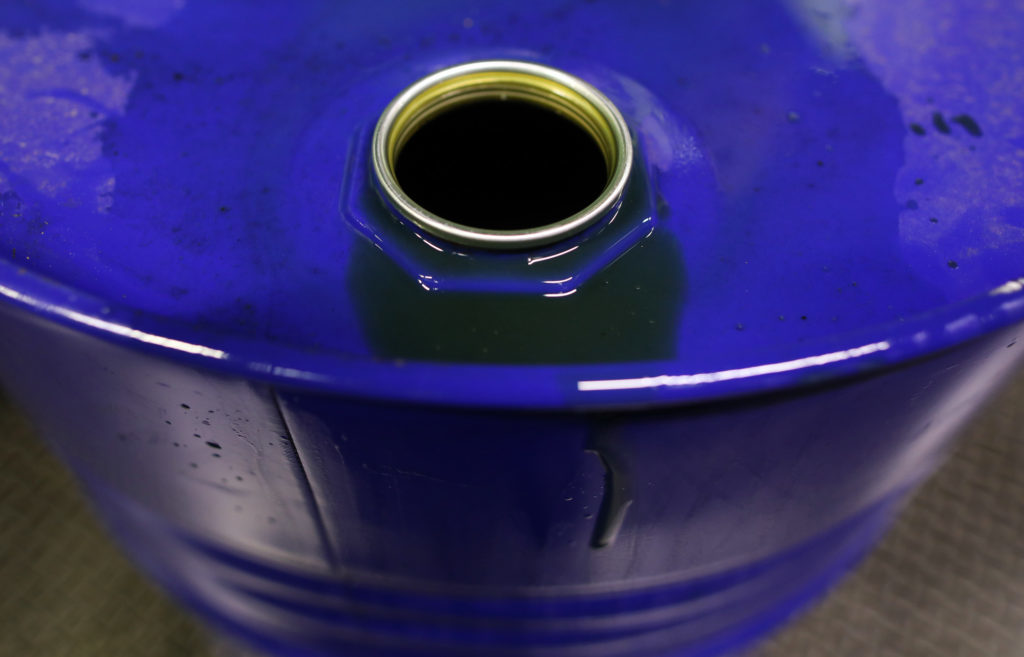
Inflation is expected to hold steady when official figures are released on Wednesday, but rampant rises in the price of oil are likely to fuel hikes in the cost of living over the summer, according to economists.
Oil prices have been climbing after US President Donald Trump said the country would leave the Iran nuclear deal, raising the prospect of a fall in supply from the Middle East.
Brent crude prices surged above 80 US dollars per barrel last week, with many expecting prices to rise still further.
Rising inflation could put pressure on the Bank of England to raise interest rates in August, after its Monetary Policy Committee (MPC) recently decided to keep rates at 0.5%.
On Wednesday official figures are expected to show inflation was steady at 2.5% in April, according to consensus estimates.
It is thought the price of fuel and core items rose, but that these rises were countered by falls in airline fares, due to the early timing of Easter, alongside a fall in the contribution from electricity and natural gas prices.
The sugar tax, which came into force on April 6, is also expected to have pushed up inflation.
Although some companies have reformulated their drinks to avoid having to pay the tax, it is thought the price of non-alcoholic drinks could have risen by 3.5%.
A host of energy companies, including British Gas owner Centrica, recently announced plans to increase prices, and economists are expecting these rises to kick in in June.
The MPC predicted that inflation would only rise to 2.5% in June.
Samuel Tombs at Pantheon Macroeconomics said: “Inflation looks set to climb again over the summer, by more than the MPC expects, putting renewed pressure on the committee to raise interest rates soon.”
Mr Tombs said a faster-than-expected rise in inflation, combined with strong gross domestic product growth in the second quarter, could result in a hike to interest rates in August, “provided Brexit doesn’t throw a spanner in the works”.
Howard Archer, chief economic adviser at EY Item Club, said: “If inflation is stickier than expected because of higher oil prices, it could increase the Bank of England’s inclination to raise interest rates sooner rather than later, and make an August hike more likely.
“However, the Bank has tended to look through the impact of higher oil prices on inflation, and it will likely be more focused on whether the economy is improving significantly after growth of just 0.1% quarter-on-quarter in the first quarter.”
The Bank of England said earlier in May that inflation could fall faster than expected towards its target of 2%, after steeper-than-expected falls in recent months.
Investec analyst Philip Shaw said inflation could ease back below the Bank of England’s 2% target towards the end of the year.
“However this will partly depend on the path of oil prices, specifically that there is some downward adjustment following the recent increases in petrol prices,” he said.
Recommended for you
